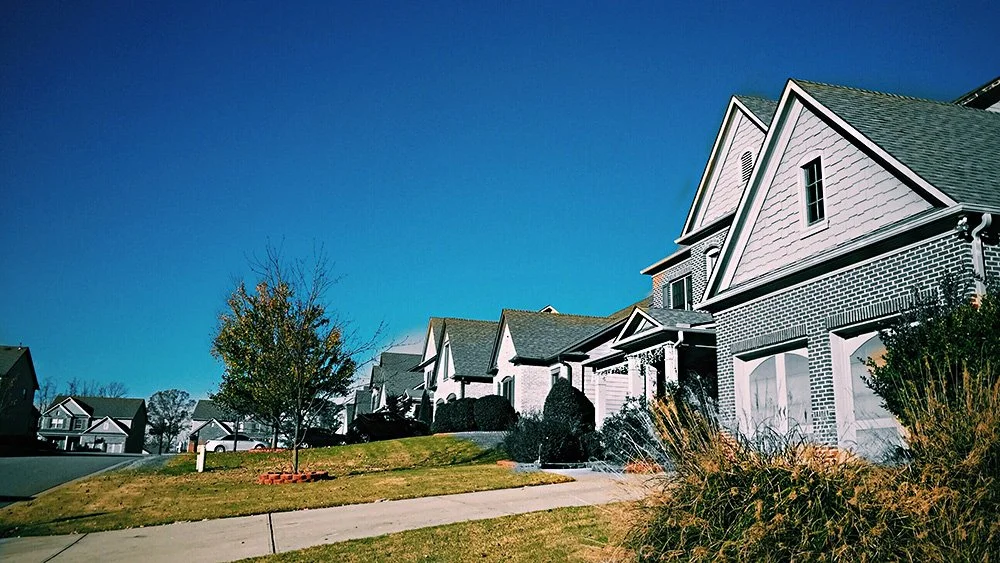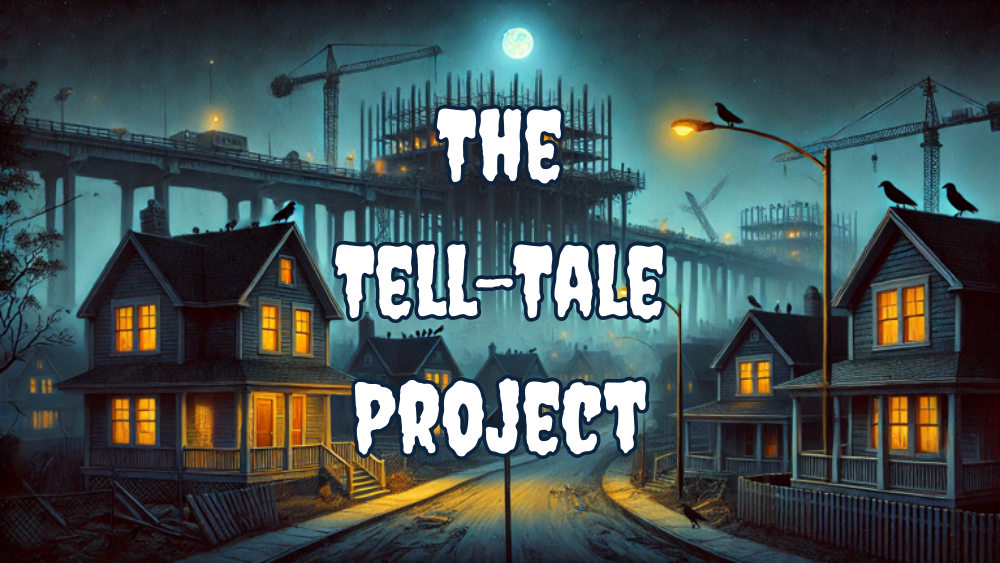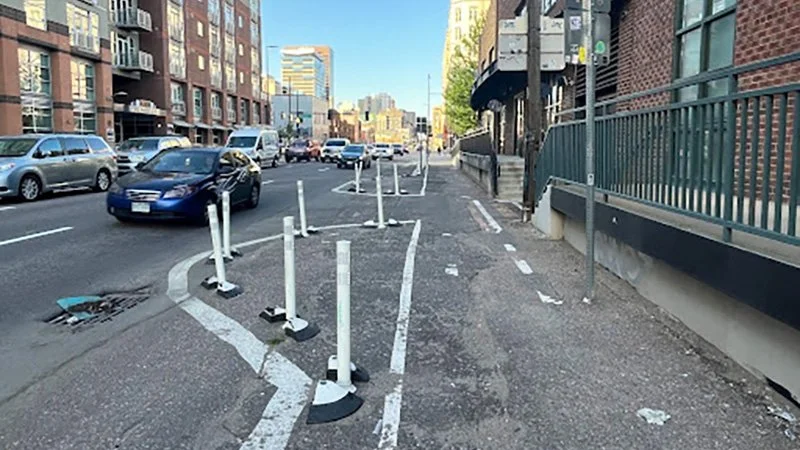One of the most powerful things you can do as a strong citizen is to participate in public comment and share appreciation for the things you love about your city. Here’s why.
Read MoreIn this episode, Chuck discusses the common misbelief that an incremental approach to housing development is inherently slow, what that means for major cities, and how to make incremental housing more appealing to people who don’t want their neighborhoods to change.
Read MoreIn Blair, Nebraska, Jake Loftis and his Local Conversation are turning the idea of New Year’s resolutions into a powerful tool for community transformation.
Read MoreKaty Clagett is a commercial real estate appraiser and activist. She joins the podcast today to talk about the ways that bottom-up projects can build community, as well as her experiences with spearheading this kind of project.
Read MoreCollaboration (or community input) is discussed at great length within the urban planning profession, but it’s often lost in actual practice.
Read MoreThe Suburban Experiment has an 80-year head start on us, but there’s an increasing number of people who recognize the many things they can do to correct it. Join this growing cohort of change-makers by becoming a member today.
Read MoreIn honor of the season, here’s a short adaptation of Edgar Allan Poe’s “The Tell-Tale Heart,” which illustrates the damage that zombie projects — large, ambitious projects that drag out for years or never get off the ground — can do to a place.
Read MoreIn this episode of Upzoned, host Abby Newsham is joined by Edward Erfurt, Strong Towns' director of community action, to discuss the U.S. DOT's plan to implement vehicle-to-everything technology in 75% of the nation's intersections.
Read MoreIn this episode of the Strong Towns Podcast, Chuck explains why big, risky gambles often fail when applied to complex problems. He uses V2X (vehicle-to-everything) technology as a recent example of this kind of gamble.
Read MoreBiking infrastructure is important to building a thriving biking culture, but it isn’t everything. Community members can make cycling more accessible and appealing in other ways, too. Here are some of the ways Winnipeg, Manitoba, is doing it.
Read MoreWhen discussing redevelopment, street design isn’t what most people think of. Since North American streets are often built to completion, this kind of incremental approach seems alien. But it’s exactly what cities need to improve their economic, social and environmental conditions.
Read MoreWhen people first started building malls, they had no way of knowing that dramatic shifts in technology and consumer patterns would destroy their business models. What they should've known, though, was that betting all their funding and economic stability on a single project was a bad idea. Let’s not repeat their mistakes.
Read MoreHitsville U.S.A. is known for producing artists, recordings and a distinctive Detroit sound, but it also represents an important element of a strong city: mixed-use development. If Detroit hadn’t let Berry Gordy turn the first floor of his home into a recording studio, Motown Records might not exist today.
Read MoreIncremental development is a low-risk, high-reward method of building a strong town. Here’s some do’s and don’ts to get you started.
Read MoreDo you have a favorite food truck? These micro businesses are often features of their communities, and they represent an important stage of incremental development. But strict zoning laws can put these businesses at risk. Hot Dog House FL learned this the hard way when parking mandates evicted them from their main operating location.
Read MorePublic art can do more than add personality and beauty to a space — it can change the way people behave, bring the community together and avoid the resistance other changes to city policy face. It’s time to stop overlooking this powerful and accessible tool and start making our towns stronger, one bucket of paint at a time.
Read MoreWould you wait a month to fix a leaking pipe that was damaging your kitchen cabinets? No? Then why do we wait so long to fix streets where people continuously die in car crashes?
Read MoreDreaming of big goals for the year can be fun, but it’s also necessary to think of the small steps needed to reach those goals. Similarly, cities need to consider the small things they need to do to achieve long-term prosperity.
Read MoreThe next smallest step for your community doesn’t always involve changing a street’s design or making housing policy reforms. Sometimes, it’s as simple as asking questions and probing the thoughts of local leaders.
Read MoreFor successful placemaking, small, consistent investments over time matter more than grand gestures.
Read More



















